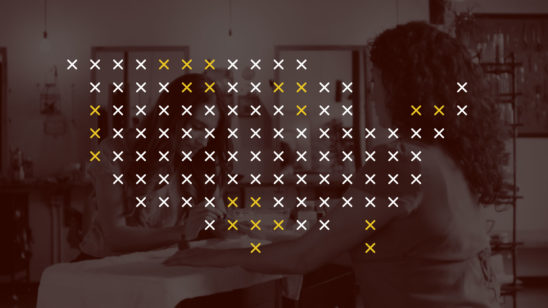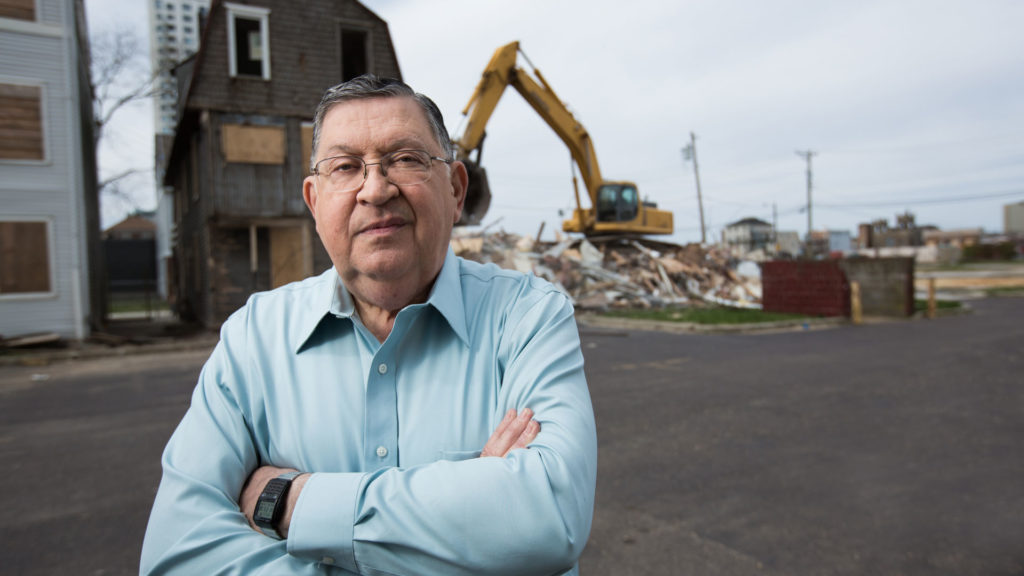Generally speaking, a college degree isn’t necessary for knowing how to take care of young children. But the government of Washington D.C. recently passed legislation that will force preschool teachers to have associate’s degrees––even teachers with decades of experience in their field.
Ilumi Sanchez is one of the women who will be affected by this new regulation. Sanchez has been taking care of children in the D.C. area since 1995. She runs a small daycare in her Northeast D.C. home, and has been working with some of the same families for years on end. Now, the city government is telling her she needs to go back to school to get a degree she might not be able to afford.
As of April 2018, Sanchez is suing the city government with the help of libertarian law firm the Institute for Justice (IJ). Her fellow plaintiff, Dale Sorcher, also has years of experience in childcare, in addition to master’s degrees in education and social work. But the D.C. law, which will go into full effect in 2020, mandates that preschool teachers have degrees in early childhood education, so Sorcher’s qualifications are null.
The two teachers, plus a concerned parent who joined the suit, are looking to get the Office of the State Superintendent of Education (OSSE), the agency that oversees early childhood caretakers, to overturn their rules. The plaintiffs are arguing in federal court that OSSE is overstepping its bounds and that, for the D.C. City Council to allow this, they’re acting unlawfully.
The plaintiffs also believe that their “right to pursue an honest living free from arbitrary and irrational regulations” is being violated, which is a due process issue and a violation of their Fifth Amendment rights, especially since the new regulations solve no health or safety problems.
The teachers are right to be concerned: by 2020, OSSE will require directors of childcare facilities to have earned bachelor’s degrees in early childhood development, with all other classroom staffers being required to earn associate’s degrees.
But many of the women working in the childcare industry aren’t paid handsomely to begin with––most make between $10 and $15 an hour, per The Atlantic. Add on families to feed, language barriers, and long hours and commutes and it quickly becomes apparent that pursuing a bachelor’s or associate’s degree isn’t a real possibility for many people.
“I hope they decide that this is really stupid and makes no sense…I think life experience is way more valuable than 24 credit hours.” Sorcher told Reason magazine. Both Sanchez and Sorcher are hoping to be able to continue to work in their field without sinking thousands of dollars––and countless hours––on redundant school time.
Sorcher, for one, isn’t just a biased employee who will be affected by these cumbersome new restrictions––the experts agree: “In 2015, the National Academies of Science released a comprehensive report on early childhood education, which found that there is no conclusive evidence demonstrating that a college degree would have beneficial effects on early childhood development,” according to an IJ post. When kids are still nonverbal, or just learning how to string words together, there’s little evidence that goes to show that an advanced degree on the part of the teacher has a meaningful effect on the quality of care given.
IJ also claims that “Everyone from the Obama Administration to the Heritage Foundation has criticized burdensome occupational-licensing laws, but by 2020, 76 percent of all jobs in D.C. are projected to require a license with a college-education mandate.” Now, for some jobs, it makes sense to require college degrees, but Sorcher and Sanchez are arguing that it presents an unreasonable burden for those who have already been working in their field for years, if not decades.
Preschool teachers, for the most part, provide exemplary care without any such regulation in place. At the end of the day, lawmakers and bureaucrats are deciding they know what’s best for D.C.’s children––better than the caretakers who work hard for D.C.’s families, day in and day out.



